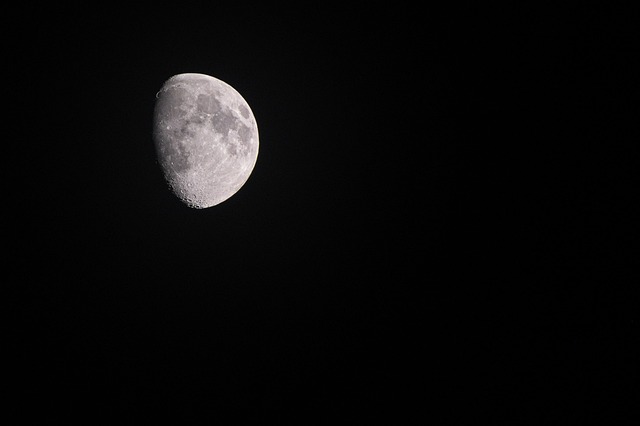Exploring the Cosmos: A Fusion of Science and Modern Philosophy
The cosmos, an endless expanse of stars, planets, and celestial mysteries, has captivated human imagination since time immemorial. As our understanding of the universe has expanded through the lens of science, so too has the philosophical discourse surrounding our place within it. The fusion of scientific inquiry and modern philosophy invites us to reflect deeply on existence, consciousness, and our connection to the universe.
Science, with its structured methodologies and empirical approaches, has revolutionized our comprehension of the cosmos. From the intricate details of quantum mechanics to the grand scale of cosmic evolution, scientific advancements have unveiled the mechanics of the universe. Telescopes reveal galaxies swirling billions of light-years away, while particle accelerators uncover the fundamental building blocks of matter. Each discovery adds layers to our understanding and, at times, challenges our very essence and assumptions about life and the universe.
However, these scientific breakthroughs are not just cold, hard facts; they ignite existential questions that have been pondered by philosophers for centuries. Modern philosophy delves into concepts of consciousness, identity, and ethics—discussions that resonate with the immensity of the cosmos. What does it mean to be human in such a vast universe? Is our existence merely a happenstance within the grand design, or does it hold a more profound significance?
As we explore the cosmos, we find ourselves grappling with the notion of the unknown. Every new discovery provokes curiosity and introspection. The scientific pursuit becomes intertwined with philosophical musings, leading us to contemplate our role in this expansive narrative. Are we observers, participants, or something entirely different? Modern philosophy encourages us to ask these questions, providing a framework to navigate the complexities of our relationship with the cosmos.
Furthermore, the advancement of science has led us to reconsider our ethical responsibilities to the universe. As we reach beyond our planet, exploring new frontiers like Mars or the outer edges of our solar system, we are challenged to think about the implications of our explorations. Can we justify our actions in the cosmos without a philosophical understanding of stewardship and respect for the celestial bodies we encounter? This blend of scientific discovery and philosophical inquiry urges a harmonious relationship with the universe—one that celebrates exploration while fostering responsibility.
In an age dominated by technology, the intersection of science and philosophy becomes even more crucial. As artificial intelligence and space exploration technologies develop, we find ourselves at a crossroads. How will we define consciousness in a world where machines can mimic human thought? What ethical frameworks should guide our actions as we extend our reach into the cosmos? These modern philosophical questions demand attention as they shape our future.
Ultimately, exploring the cosmos is not just about charting stars or understanding the physics of black holes; it is a profound journey of self-discovery. By embracing both the scientific and philosophical perspectives, we can gain a richer understanding of our existence. The cosmos is not just an external realm; it mirrors our inner landscapes—complex, dynamic, and ever-evolving. The questions we ask, the knowledge we gather, and the philosophies we embrace shape our own narratives within the vast tapestry of the universe.




